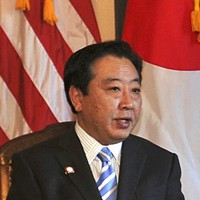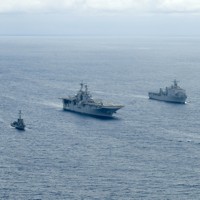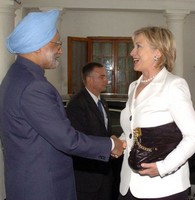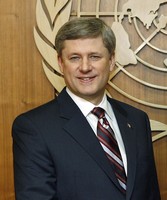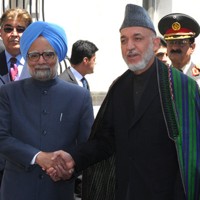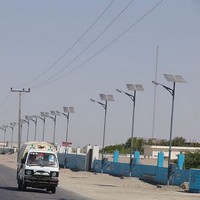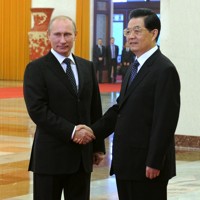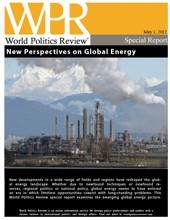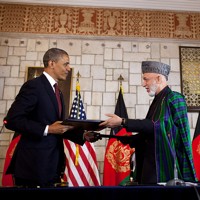
On May 2, the United States and Afghanistan signed a new Strategic Partnership Agreement after months of negotiations. In the accord, the United States pledged to support social and economic development, provide security assistance and promote regional cooperation for 10 years beyond the planned 2014 withdrawal date for all U.S. combat troops from Afghanistan. Under the terms of the agreement, the United States will not seek permanent military bases in the country, but can receive access to Afghan facilities. In return, the Afghanistan government committed to strengthen accountability, transparency, the rule of law and human rights for all Afghans, male […]

